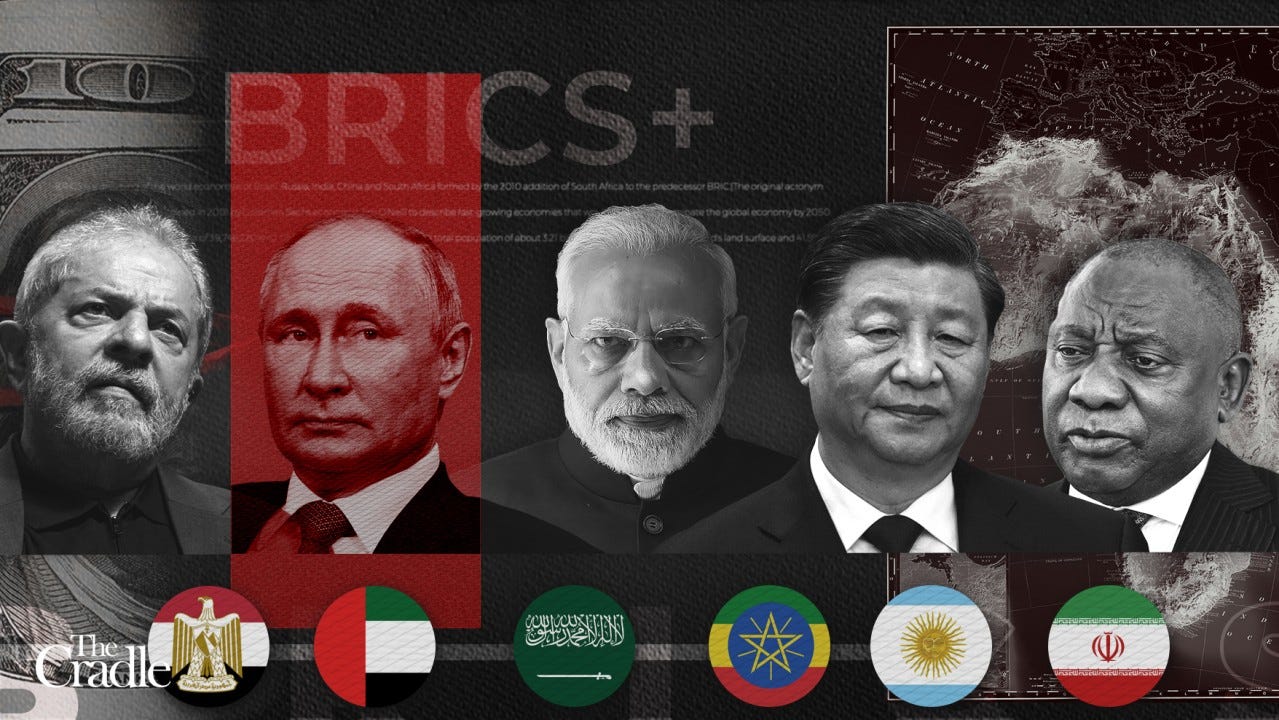BRICS's Bridge
The Red Sea Economic Belt Emerges from BRICS Plus, The Harvard man who became Xi Jinping’s favourite academic.
The Red Sea Economic Belt Emerges from BRICS Plus
By Dr. Digby James Wren (Taihe Institute)
The newly inaugurated BRICS Plus mechanism reflects not only the expansive attraction of multipolarity for developing economies, but also the wisdom of the China-brokered rapprochement between Saudi Arabia and Iran, the utility of China's Belt and Road Initiative …




